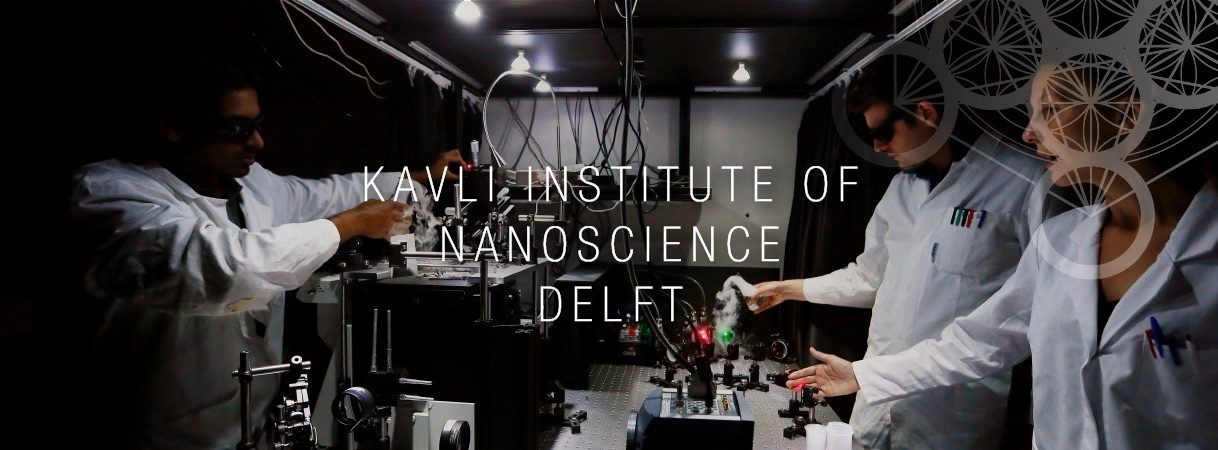卡夫利系统神经科学研究所是由诺贝尔奖获得者梅-布里特·莫泽和爱德华·莫泽于1996年创立的领先研究机构,旨在研究高级大脑功能的出现。
由爱德华·莫泽,梅-布里特·莫泽和比雅尔内·福斯领导的神经科学研究研究所现在由五个研究中心组成:
皮层算法中心 (CAC)
神经计算中心
埃吉尔和波琳·布拉森和弗雷德·卡夫利皮质微电路中心(BKC)
捷成阿尔茨海默病中心(JCA)
莫恩大脑研究中心 (MCB)
Kavli研究所是一个跨学科研究所,他们共同希望了解复杂信息如何在高级神经网络中编码,以及复杂的行为如何从这些代码和系统中产生。

研究所工作人员由11个研究小组和几个支持小组组成。该部门负责神经科学的国际硕士学位课程,并共同负责NTNU的医学和健康科学博士课程,以及由KISN组织和运营的挪威神经科学研究学院(NRSN),并得到挪威主要大学的支持和参与。
卡夫利系统神经科学研究所自2002年起成为卓越中心(CoE),自2007年起成为卡夫利基金会研究所,自2015年起成为布拉森-卡夫利中心,自2017年起成为挪威科技大学(NTNU)医学与健康科学学院系,自2020年起成为K.G.捷成中心,自2021年起成为莫恩研究中心。
The Caffley Institute for Systems Neuroscience is a leading research institute founded in 1996 by Nobel laureates May-Britt Moser and Edouard Moser to study the emergence of higher brain functions.
Led by Edouard Moser, May-Britt Moser, and Bijarne Foss, the Institute for Neuroscience Research now consists of five research centers:
Cortical Algorithm Center (CAC)
Neural computing center
Egil and Pauline Brassen and Fred Caffrey Center for Cortical Microcircuits (BKC)
Jebsen Alzheimer's Disease Center (JCA)
Moon Center for Brain Research (MCB)
The Kavli Institute is an interdisciplinary institute with a shared desire to understand how complex information is encoded in high-level neural networks, and how complex behaviors emerge from these codes and systems.
The Institute is staffed by 11 research groups and several support groups. The department is responsible for the international master's degree program in neuroscience and is co-responsible for the PhD program in medicine and health sciences at NTNU, as well as the Norwegian Research Academy of Neuroscience (NRSN), which is organized and run by KISN with the support and participation of major Norwegian universities.
The Kavli Institute for Systems Neuroscience has been a Center of Excellence (CoE) since 2002, a Kavli Foundation Institute since 2007, a Brassen-Kavli Center since 2015, a Faculty of Medicine and Health Sciences at the Norwegian University of Science and Technology (NTNU) since 2017, and a K.G. Jebsen Center, which has been the Mohn Research Center since 2021.